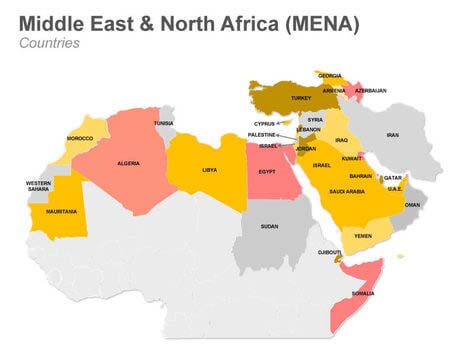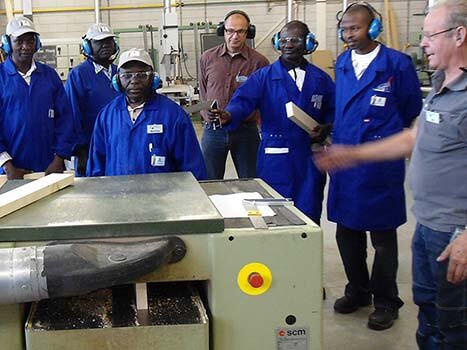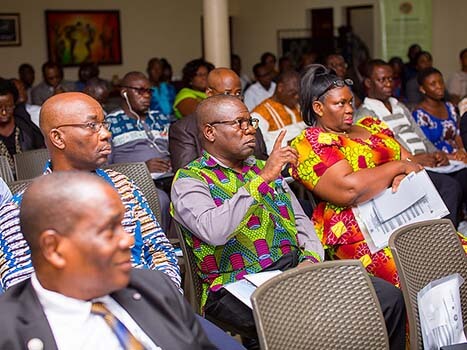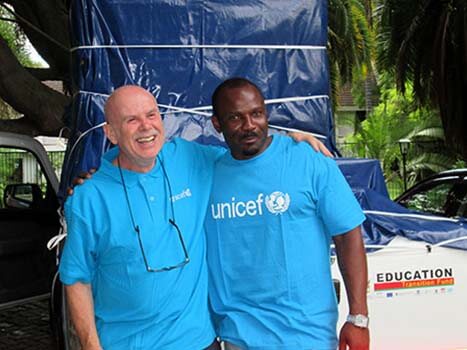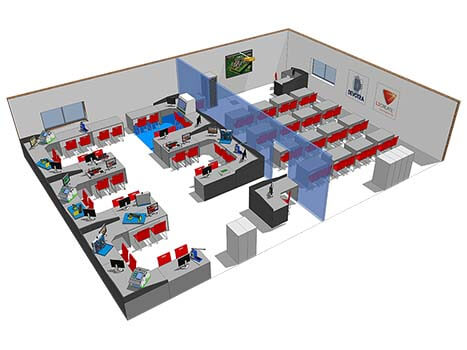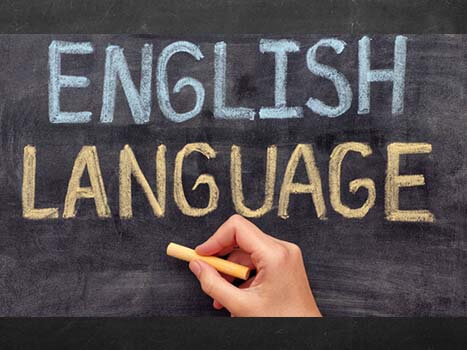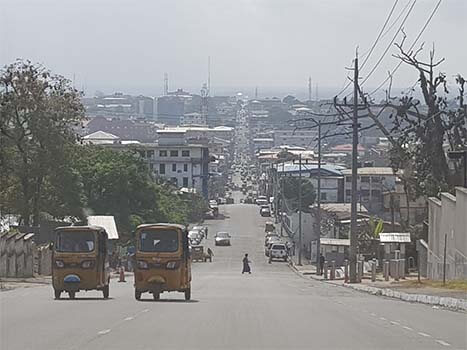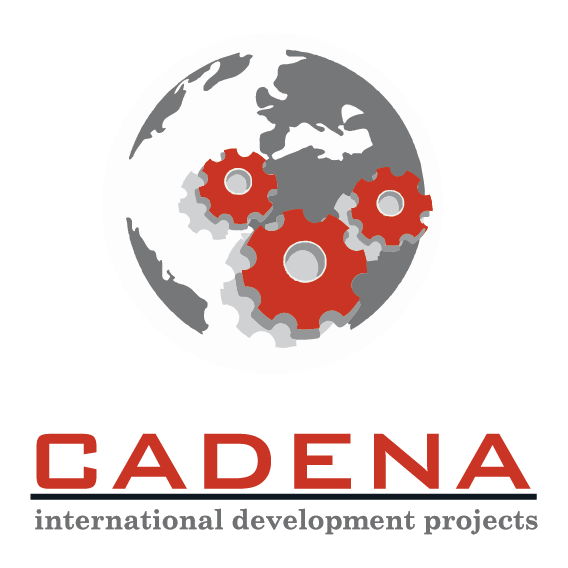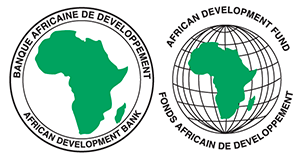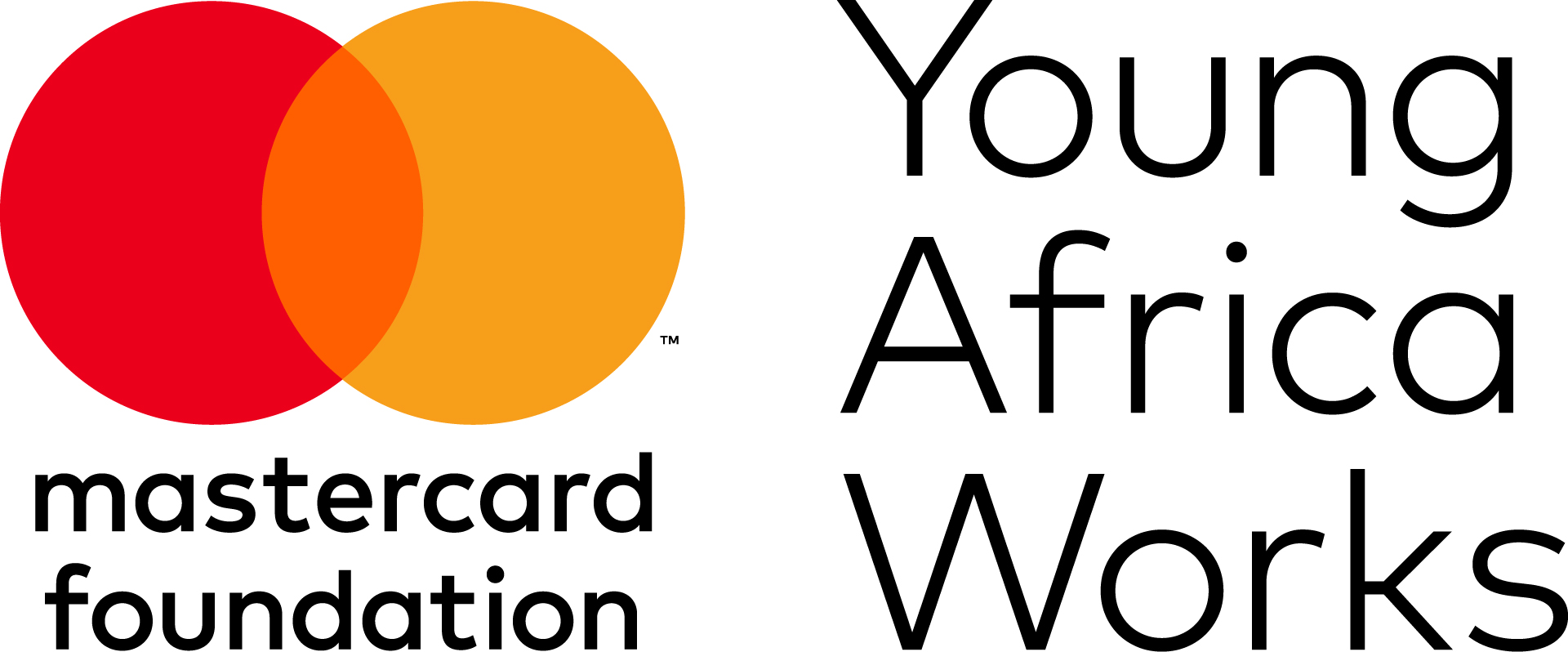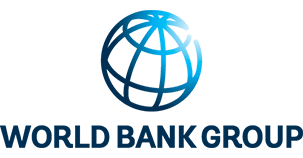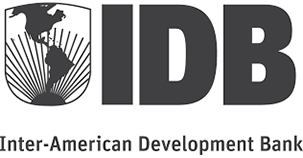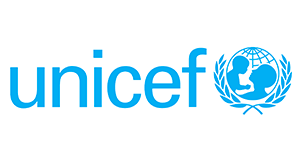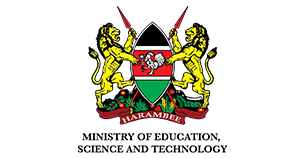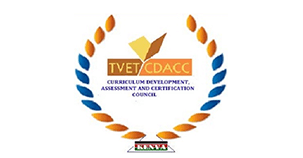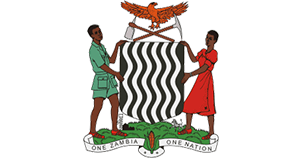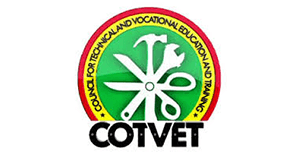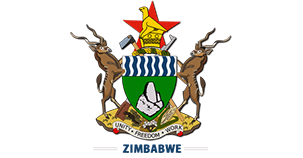What we do
Cadena International Development Projects was established in 2008 in response to the increasing demand of international communities, governments, financing agencies and companies to find sustainable solutions for challenges faced within international development projects. Cadena, meaning “network”, has the purpose to assist public and private sector stakeholders in project development and project implementation in cooperation with a variety of international companies, by providing technical assistance as well as (teacher and staff) training programmes for secondary education, Technical and Vocational Education and Training (TVET) and Agriculture Technical and Vocational Education and Training (ATVET) projects. These projects typically relate to education reforms aimed at bridging the skills gap, improving the quality and relevance of training and supporting national governments to set up the necessary structures and mechanisms to coordinate and monitor the TVET sector. To achieve those ends, we usually first carry out a situational (labour market) analysis and/or training needs assessment (TNA) to align education with current and future labour market needs and qualification/quality standards, as well as to inform our training and capacity building activities.
During projects, Cadena contributes to the project implementation. This implies that we monitor ongoing project activities, solve any problems that may occur and adjust activities to stay in line with the final project objectives, goals, needs and requests of our clients. Other responsibilities include backstopping and coordinating preparations for field missions and providing human resource management, training of project personnel, financial management and logistic support. Our services can be provided for projects financed by amongst others local governments, the African and Asian Development Bank, the World Bank, specialized UN organisations, non-governmental organisations and private companies.
Through the implementation of long-term education and training reform projects in various African countries, such as Ghana, Kenya, Libya, Sudan, Zambia, and Zimbabwe we have built up a large network of partners and experts that support our activities. Within our network, we work closely with Centres of Excellence, Technical Training Institutes, Knowledge Centres, consultancy firms, as well as education equipment manufacturers and suppliers. Through our unique partnerships, extensive knowledge, expertise, network and track-record related to the improvement of educational systems, we can ensure that our projects are built on coherent and sustainable solutions for education and training improvement. Our projects are based on the needs of government, TVET institute management, its students and most important the needs of the local labour market ensuring that skills “supply” and “demand” are harmonised. By taking into all different perspectives and requirements, we ensure that we offer both relevant as well as sustainable solutions for quality education and training equal to European standards.
We are continuously in search of new development projects for which we can offer our services. When we see a chance, we bring the brightest minds together to write an ultimate project proposal, in which we either focus on consultancy-, training- and/or project management services or we bring all our strengths together and prepare a turn-key solution in cooperation with our partners!

Consultancy to improve technical secondary education, TVET, and ATVET, including topics such as policy development, strategic plans, human resource development, Education Management Information Systems (EMIS), Quality Assurance, National Technical Vocational Education and Training Programme Qualifications Framework (NTVET QF) i.e. national and/or international accreditation/certification, Competence Based Education and Training (CBET), curricula, institutional development and capacity building initiatives for line Ministries and other sector stakeholders. Besides, Cadena, on behalf of different public and private entities, has the expertise to develop/design complex turn-key education projects in which various components such as supply of education and general equipment, renovation of classrooms/workshops, teacher and staff training programmes and specific technical assistance are integrated.
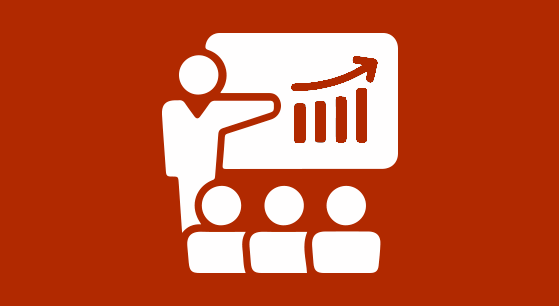
HISTORY
History

MISSION, VISION AND VALUES
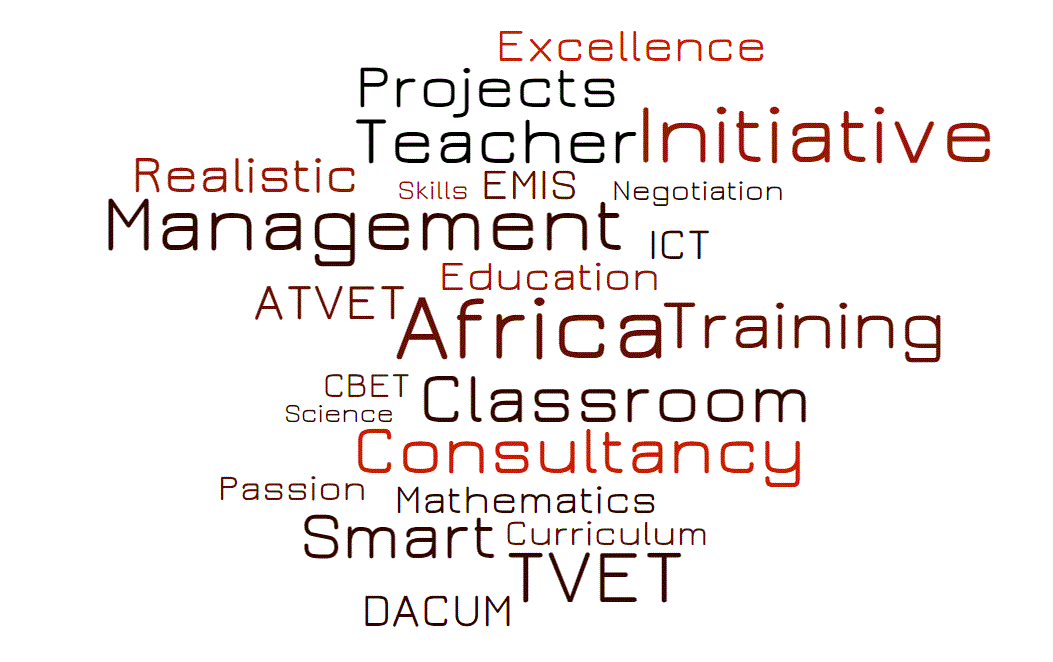
Mission
Cadena believes that optimizing human capacity and exchanging knowledge is the key principle of successfully completing international development projects, therefore, our people work passionately together to deliver tailored technical assistance and teacher- and staff training programmes, while upholding our core values.
Vision
Our vision is to enlarge our key geographical areas of expertise in which we provide training and consultancy services and be THE company for support and implementation of development projects concerning secondary education, Technical and Vocational Education and Training (TVET) and Agriculture Technical and Vocational Education and Training (ATVET).
Values
We, at Cadena, are dedicated to accomplish our mission and vision by staying close to our core values.
Negotiation | Passion | Initiative
Flexibility | Expertise | Responsibility
Realistic | Collaboration
CLIENTS
The Mastercard Foundation works with visionary organizations to enable young people in Africa and in indigenous communities in Canada to access dignified and fulfilling work. It is one of the largest, private foundations in the world with a mission to advance learning and promote financial inclusion to create an inclusive and equitable world. The Foundation was created by Mastercard in 2006 as an independent organization with its own Board of Directors and management.
Young Africa Works is the Mastercard Foundation’s strategy to enable 30 million young people, particularly young women, across Africa to access dignified work. Africa will be home to the world’s largest workforce, with 375 million young people entering the job market by 2030. With the right skills, these young people will contribute to Africa’s global competitiveness and improve their lives and those of their communities. The Mastercard Foundation will implement Young Africa Works in 10 African countries in collaboration with governments, private sector, entrepreneurs, educators, and young people. The first phase of countries identified by the Mastercard Foundation are Rwanda, Kenya, Ghana, Senegal, Ethiopia, Uganda, and Nigeria.
With 189 member countries, staff from more than 170 countries, and offices in over 130 locations, the World Bank Group is a unique global partnership that encompasses five institutions working for sustainable solutions that reduce poverty and build shared prosperity in developing countries.
